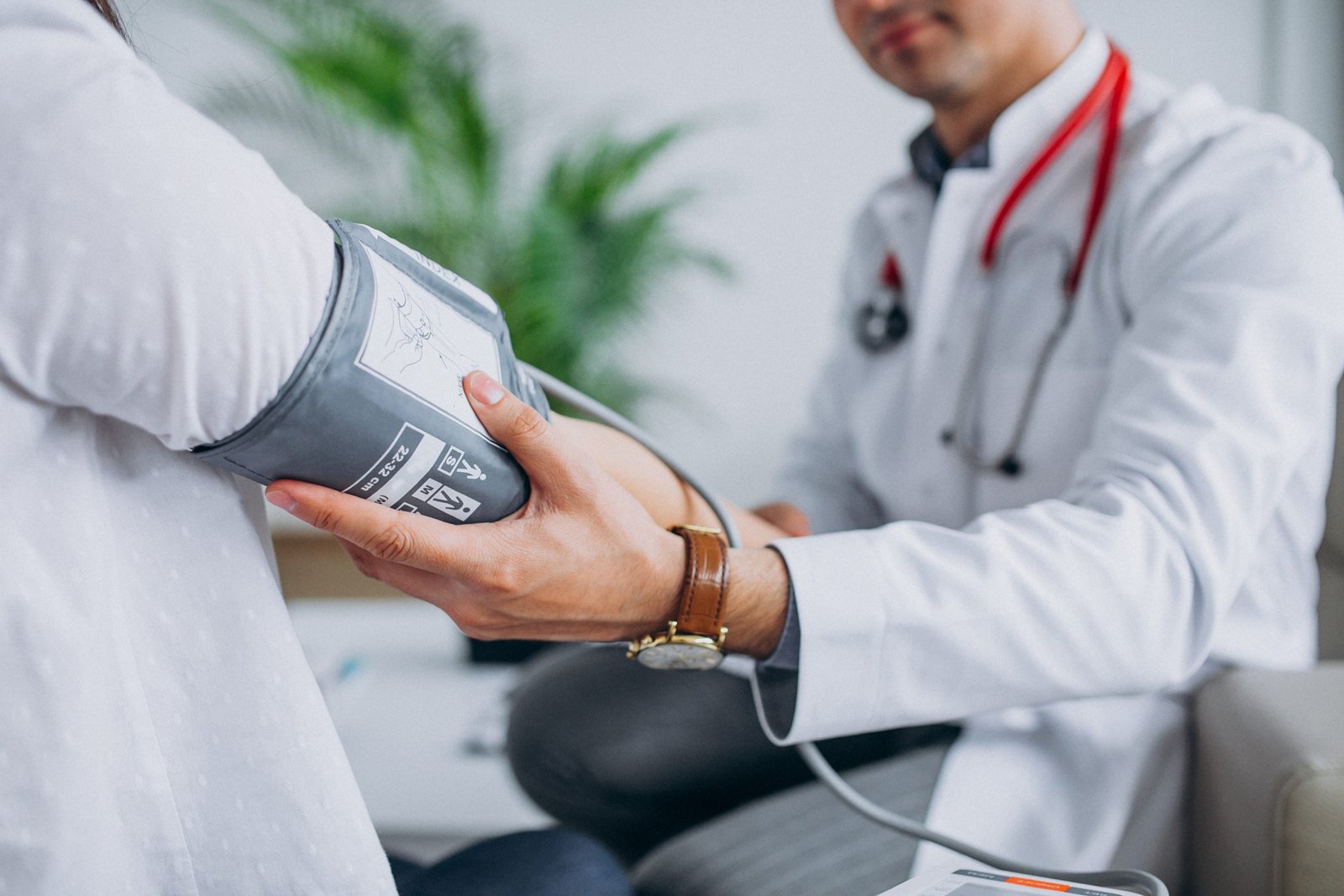While proper wound care is crucial for promoting healing and preventing infection, it’s important to note that serious wounds or those with signs of infection should be promptly assessed and treated by a healthcare professional. However, for minor wounds that can be managed at home, here are five general wound care tips:

Clean the Wound:
Wash your hands thoroughly with soap and water before touching the wound.
Gently clean the wound with mild soap and water to remove dirt and debris. Avoid using hydrogen peroxide, iodine, or alcohol, as these can be harsh on the tissue and may delay healing.
Apply an Antiseptic:
After cleaning the wound, you can apply an over-the-counter antiseptic ointment or cream to help prevent infection. Examples include bacitracin or Neosporin.
Follow the instructions on the product packaging and apply a thin layer to the wound.
Protect the Wound:
Cover the wound with a sterile bandage or gauze to protect it from dirt, bacteria, and further injury.
Change the bandage regularly, especially if it becomes wet or dirty.
Keep the Wound Moist:
While it was previously believed that wounds should be kept dry, recent studies suggest that maintaining a moist environment can aid in the healing process.
Consider using a wound ointment or petroleum jelly to keep the wound moist. Consult with a healthcare professional for specific recommendations based on the type of wound.
Monitor for Signs of Infection:
Keep an eye on the wound for signs of infection, such as increased redness, swelling, warmth, or the presence of pus.
If you notice any signs of infection, or if the wound is not healing as expected, seek medical attention.
Remember, these tips are for minor wounds, and more serious injuries may require professional medical attention. If you have concerns about a wound or if it is not healing properly, it’s always best to consult with a healthcare provider for personalized advice and treatment.




